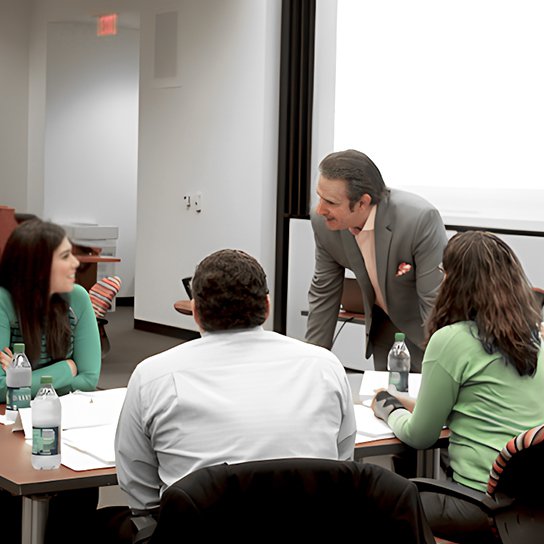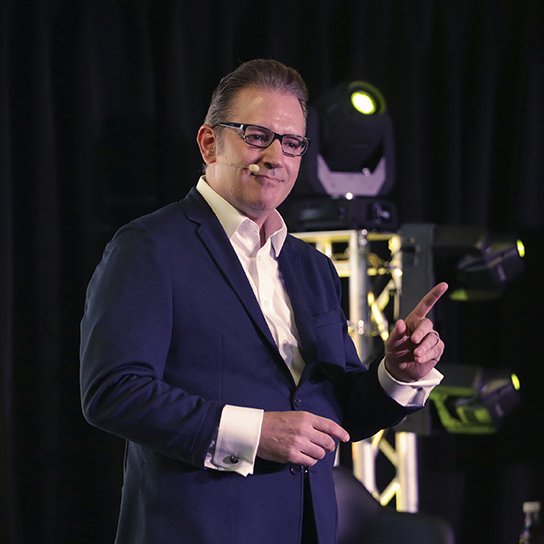It's no secret that successful leadership depends on trust. When employees trust their leaders, they're more likely to be open to new ideas, take risks and stay motivated. But how do you build trust with your team? And once it's established, how can you ensure that it remains strong?
First, Why is Trust Important?
The short answer: trust is an essential component of empowering people and transformational leadership.
Consider this story from entrepreneur and author Tim Ferriss. It’s question #6 in his ebook, 17 Questions That Changed My Life.
Ferriss asked himself: “What if I let them [employees] make decisions up to $100? $500? $1,000?”
As he tells it, this question allowed him to take his own customer service workload from 40 to 60 hours per week to less than two hours per week. He used to be the sole decision-maker for his athletic supplement company, handling unusual requests himself as they came in.
For instance, as he wrote in his book, “If a professional athlete overseas needed our product overnighted with special customs forms, I would get an email or phone call from one of my fulfillment centers: ‘How should we handle this? What would you like to charge?’ These unusual ‘edge cases’ might seem like rare exceptions, but they were a daily occurrence. Dozens per week hit me, on top of everything else.”
He changed the dynamic by setting a new policy, telling people not to contact him with questions about A, B, or C: “I trust you. If it involves less than $100, please make the decision yourself and take a note (the situation, how you handled it, what it cost) in one document, so we can review and adjust each week. Just focus on making our customers happy.”
He expected the worst, but guess what? Everything worked, minus a few hiccups here and there. He eventually increased the threshold to $500, then $1,000, and the reviews of decisions went from weekly to monthly to quarterly to never.
He said one of the things he learned through this process is that “people’s IQs seem to double as soon as you give them responsibility and indicate that you trust them.”
Trust Is One of Your Most Important Leadership Techniques
That story shows us how building trust as a leader sets people free.
- Empowering people with decision-making authority gives them confidence and also makes your own business more efficient and effective.
- Telling them, “I trust you” is a great way of empowering people.
- But also going beyond words by removing yourself from a decision, and trusting that decision to them in the moment, is an even more effective way of empowering people.
Why Call Trust a ‘Leadership Technique’?
Because if we talk about leadership trust as some generic, feel-good word that we never define, we’ll never actually achieve it.
In his story, Ferriss gives us some concrete actions that turn trust into a technique:
1. Assess the situation:
Start with a question for yourself: “What if I …?” Proactively look for opportunities to put trust in someone.
2. Interrupt the usual patterns with something new:
Use the words, “I trust you.” Be deliberate and explicit. Tell them.
3. Pivot with an action that changes direction:
You cannot stop with simply telling people you trust them. You have to show them. Devise a system that puts trust in someone: “You can make these decisions.”
Talk about empowering people!
Conclusion
If you’re seeking transformational leadership, trust is the first step to helping people (and yourself and the business) truly transform.
Leaders who want to see real change must focus on building trust. Individuals and businesses can find ways to put trust in others, starting with clear communication and honest actions. When people know they are trusted, they are more likely to be open to new ideas and possibilities for transformation. What will you do today to show someone that you trust them?
Do you want to learn about empowering people and building trust as a leader? Learn more about GLLG’s personalized executive coaching.









